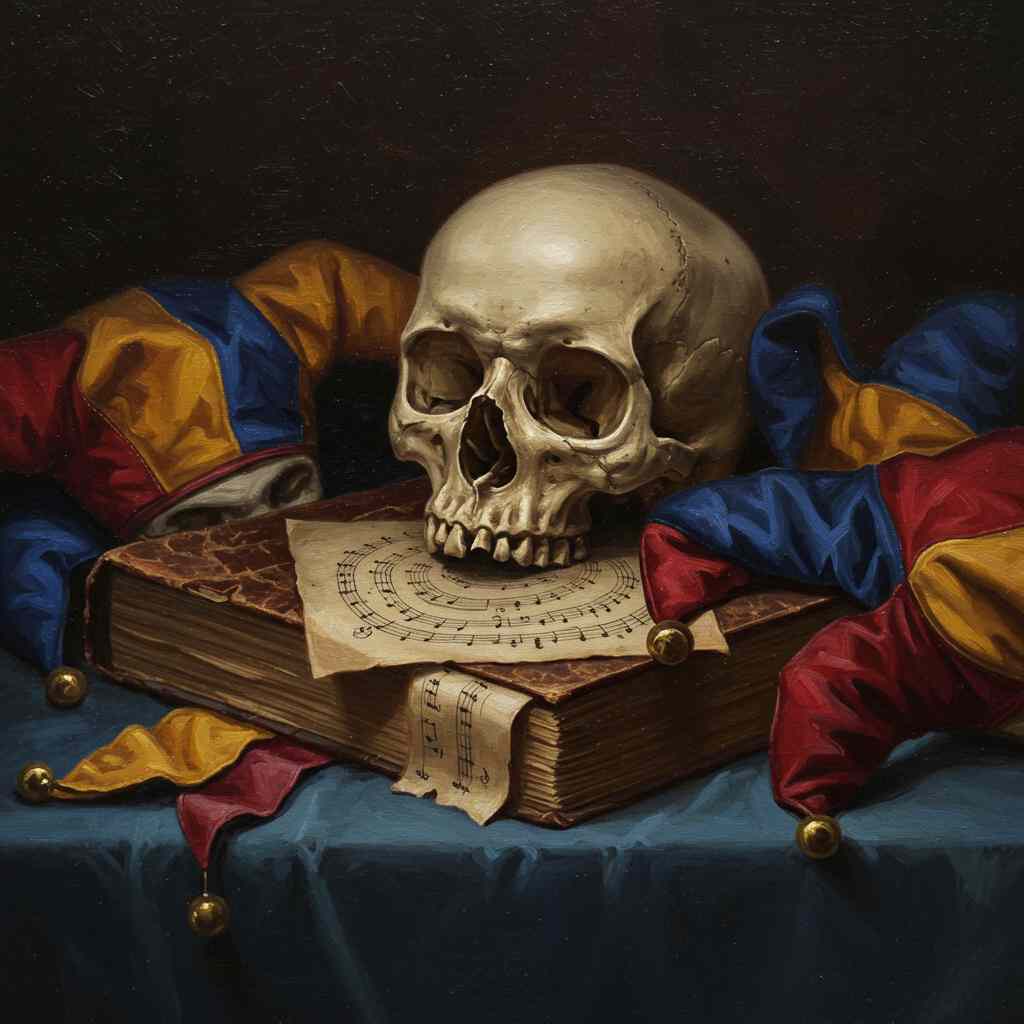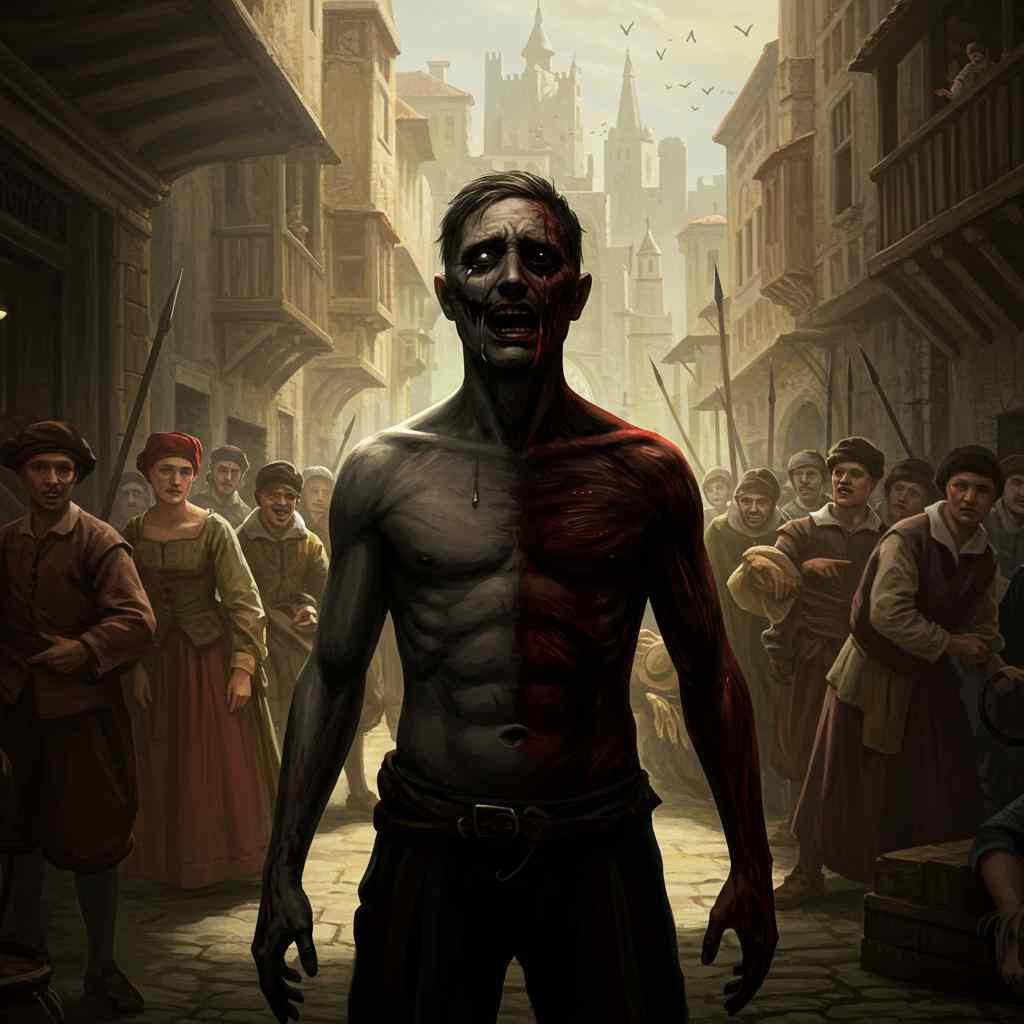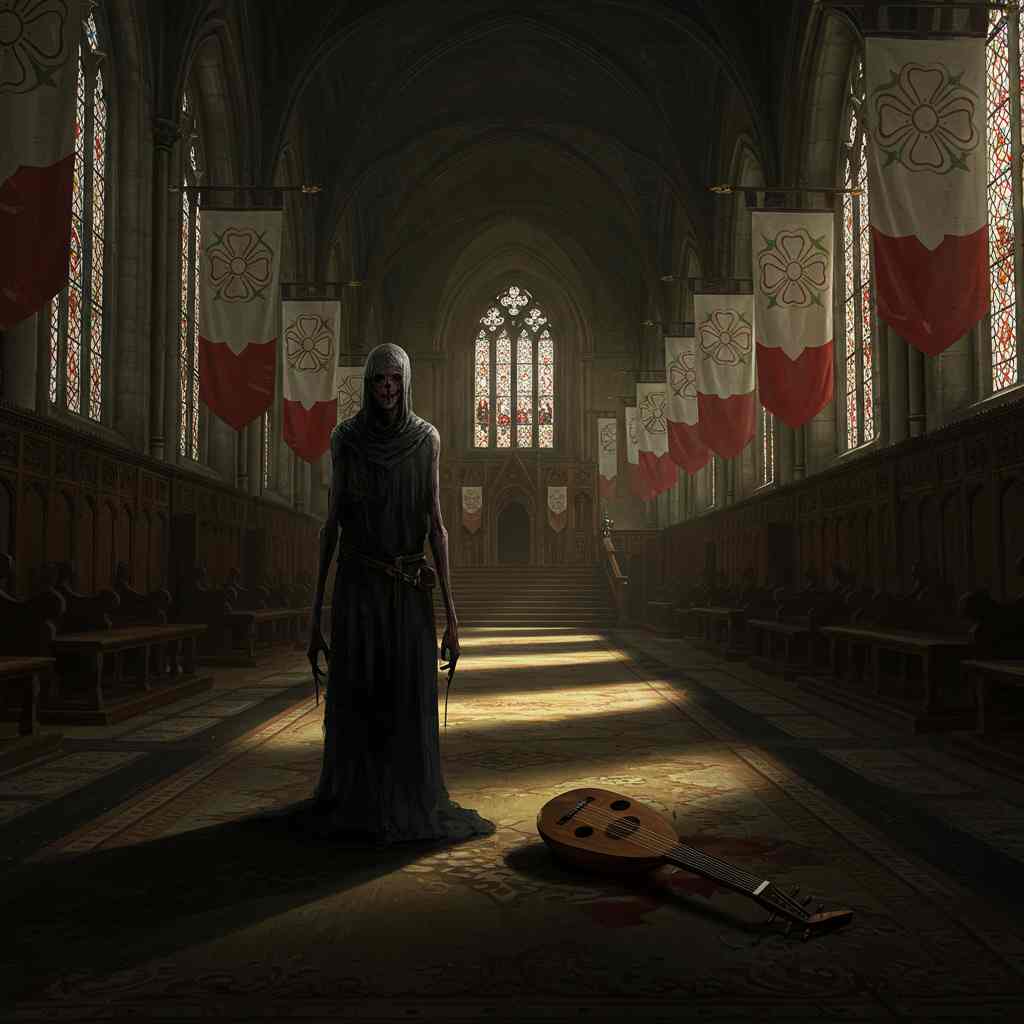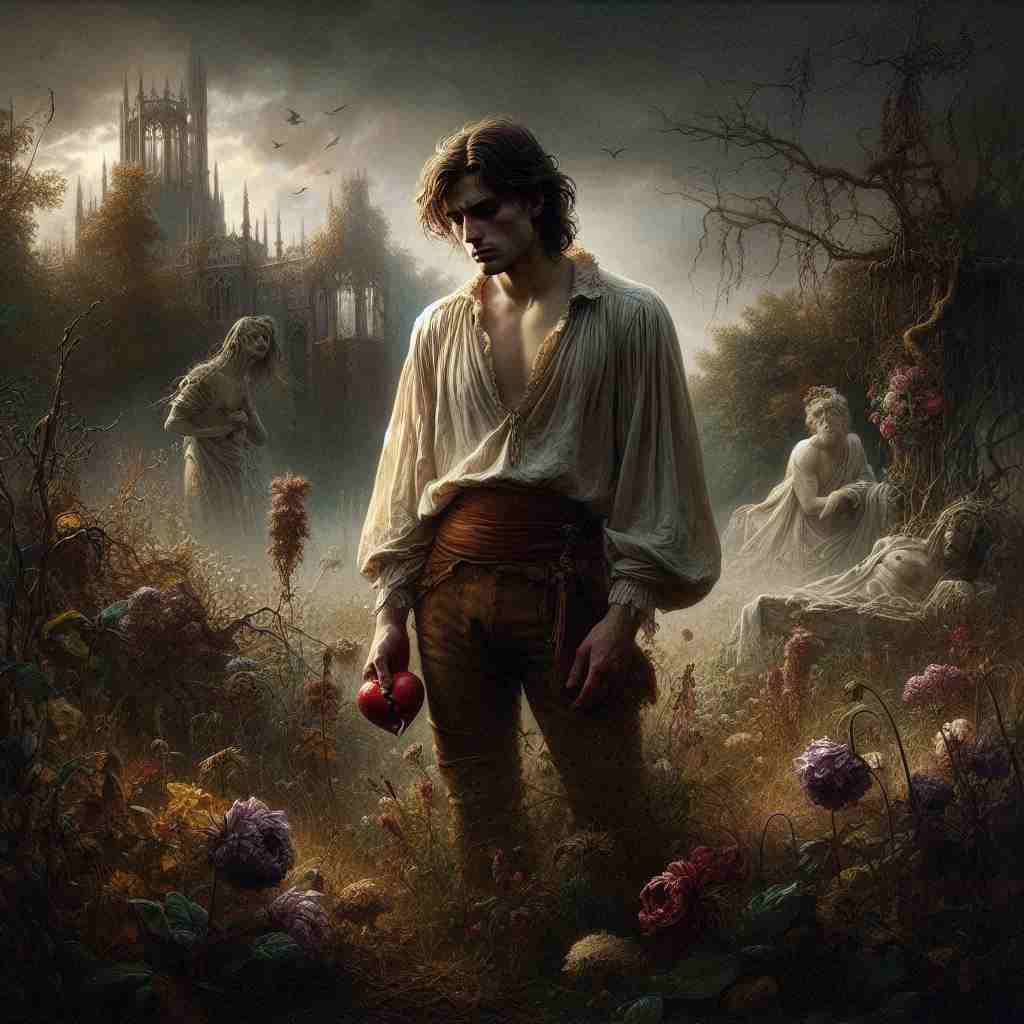10 Poems by William Shakespeare
1564 - 1616
William Shakespeare Biography
William Shakespeare, widely regarded as the greatest playwright and poet in the English language, was born in April 1564 in Stratford-upon-Avon, Warwickshire, England. The exact date of his birth remains uncertain, though it is traditionally celebrated on April 23, coinciding with St. George's Day. He was the third child of John Shakespeare, a glove-maker and alderman, and Mary Arden, the daughter of a prosperous landowning farmer.
Shakespeare's early life was spent in Stratford, where he likely attended the King's New School, a local grammar school that provided a rigorous education in Latin grammar and literature. Though records of his education are scarce, the depth and breadth of knowledge displayed in his works suggest he received a solid grounding in classical literature, history, and rhetoric.
In November 1582, at the age of 18, Shakespeare married Anne Hathaway, who was eight years his senior and already pregnant with their first child. Their daughter, Susanna, was born in May 1583, followed by twins Hamnet and Judith in February 1585. The next several years of Shakespeare's life are shrouded in mystery, often referred to as the "lost years" by scholars. Speculation abounds regarding his activities during this period, with theories ranging from him working as a schoolteacher to joining a traveling theater troupe.
By 1592, Shakespeare had established himself in London's theatrical world, as evidenced by a bitter attack from the playwright Robert Greene, who referred to him as an "upstart crow." This criticism, while harsh, indicates that Shakespeare had already achieved some level of success and recognition in the competitive London theater scene.
Shakespeare's career flourished in the 1590s and early 1600s. He became a member of the Lord Chamberlain's Men, one of the most popular acting companies in London, which later became the King's Men under the patronage of King James I. During this period, Shakespeare produced a staggering body of work, including his celebrated comedies such as "A Midsummer Night's Dream" and "Much Ado About Nothing," histories like "Henry V," and tragedies such as "Romeo and Juliet" and "Julius Caesar."
The turn of the century saw Shakespeare enter what many consider his most profound and mature period as a writer. Between 1599 and 1608, he penned his greatest tragedies: "Hamlet," "Othello," "King Lear," and "Macbeth." These works plumbed the depths of human psychology, exploring themes of ambition, jealousy, madness, and the corrupting nature of power with unparalleled insight and poetic brilliance.
Shakespeare's final phase as a playwright, often termed his "romances," produced works like "The Winter's Tale" and "The Tempest," which blend elements of tragedy and comedy with themes of redemption and reconciliation. "The Tempest," believed by many to be his last solo-authored play, is often interpreted as Shakespeare's farewell to the stage, with the character of Prospero serving as a stand-in for the playwright himself.
Throughout his career, Shakespeare also wrote and published poetry, including the narrative poems "Venus and Adonis" and "The Rape of Lucrece," as well as his famous sonnets. The sonnets, a collection of 154 poems first published in 1609, remain some of the most profound and enigmatic explorations of love, beauty, and mortality in the English language.
Shakespeare's financial success allowed him to invest in real estate both in London and in his hometown of Stratford. He purchased New Place, the second-largest house in Stratford, in 1597, and continued to expand his property holdings over the years. Despite his success in London, Shakespeare maintained close ties with Stratford, where his family resided.
The death of his only son, Hamnet, in 1596 at the age of 11 must have deeply affected Shakespeare, though the impact on his work remains a matter of scholarly debate. Some critics see echoes of this loss in plays like "King John" and "Hamlet," which feature poignant portrayals of grief for lost children.
Shakespeare's later years saw him gradually withdrawing from the London theater scene and spending more time in Stratford. He continued to collaborate with other playwrights, particularly John Fletcher, on works such as "Henry VIII" and "The Two Noble Kinsmen." His involvement in the theater world continued through his shares in the Globe and Blackfriars theaters.
William Shakespeare died on April 23, 1616, at the age of 52. He was buried in the chancel of Holy Trinity Church in Stratford. The famous epitaph on his grave, which warns against moving his bones, is believed to have been written by Shakespeare himself.
Shakespeare's legacy is immeasurable. His works have been translated into every major living language and are performed more frequently than those of any other playwright. His profound influence extends beyond literature and theater into philosophy, psychology, and the broader realm of Western culture. His inventive use of language, his deep understanding of human nature, and his ability to create complex, multifaceted characters continue to captivate audiences and scholars alike.
The "Shakespeare authorship question," a fringe theory questioning whether Shakespeare actually wrote the works attributed to him, has persisted despite a lack of credible evidence supporting alternative candidates. The overwhelming majority of literary scholars reject these claims, pointing to contemporary references to Shakespeare as a writer, legal documents, and the testimony of fellow actors and writers in the First Folio of 1623.
Shakespeare's life and works continue to be the subject of intense scholarly study and debate. Each generation seems to find new relevance in his plays and poems, reinterpreting them through the lens of contemporary concerns. From feminist readings of "The Taming of the Shrew" to postcolonial interpretations of "The Tempest," Shakespeare's works prove endlessly adaptable to new contexts and perspectives.
In essence, William Shakespeare remains a towering figure in world literature, a writer whose profound insight into the human condition, coupled with his unparalleled mastery of language, continues to illuminate the complexities of human experience more than four centuries after his death. His ability to capture the full range of human emotions and experiences in language that is both accessible and sublimely poetic ensures that his works will remain a vital part of global culture for generations to come.
This text was generated by AI and is for reference only. Learn more
Username Information
No username is open
Unique usernames are free to use, but donations are always appreciated.
Quick Links
© 2024-2025 R.I.Chalmers (V2Melody).

All music on this site by R.I.Chalmers (V2Melody) is licensed under a Creative Commons Attribution-NonCommercial 4.0 International License.
Attribution Requirement:
When using this music, you must give appropriate credit by including the following statement (or equivalent) wherever the music is used or credited:
“Music by R.I.Chalmers (V2Melody) – https://v2melody.com”
Support My Work:
If you enjoy this music and would like to support future creations, donations are always welcome but never required.
Donate










